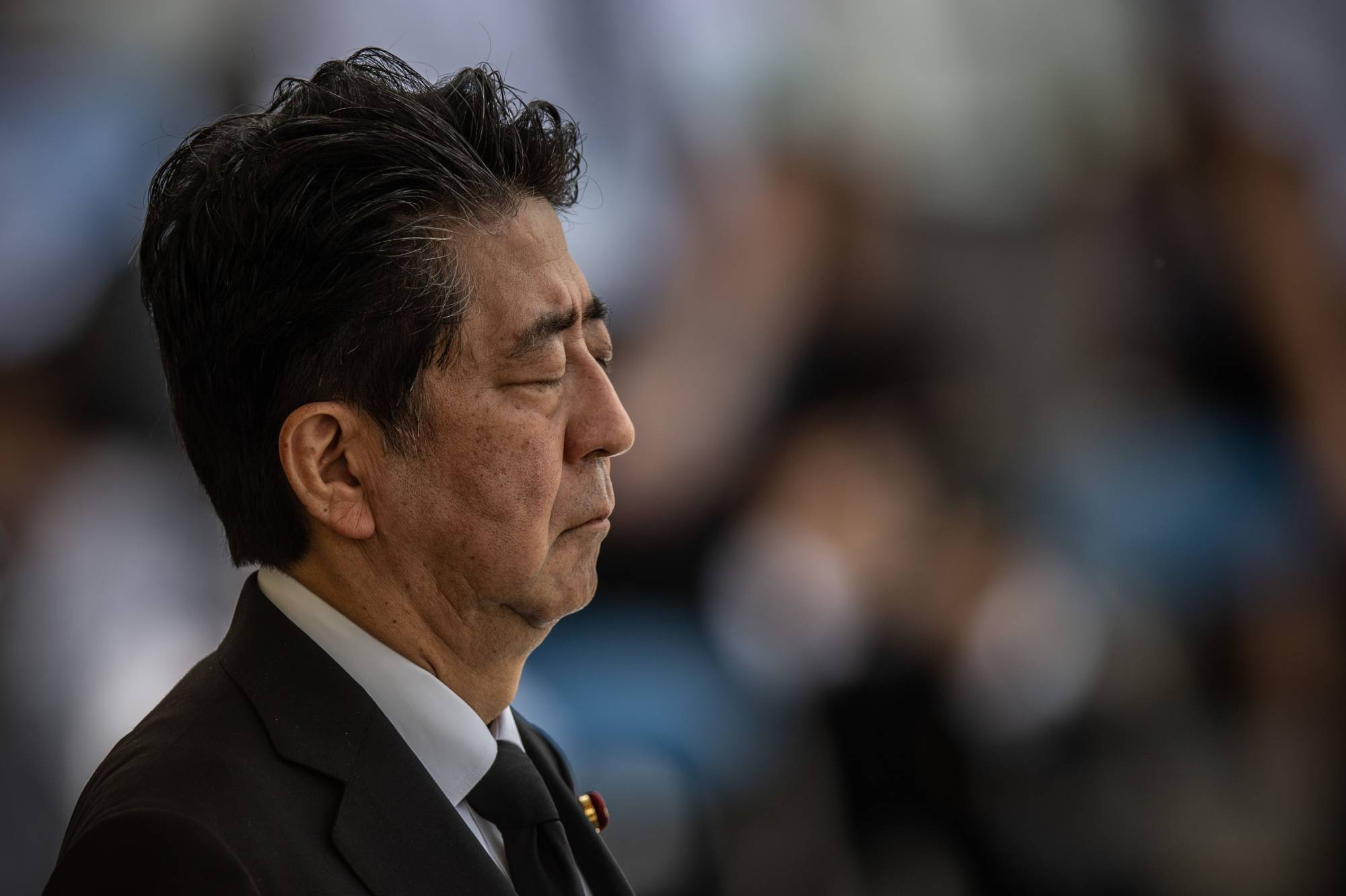Shinzo Abe on Monday reached another milestone as Japan's prime minister with the longest continuous tenure in office. When he returned to the government's helm in December 2012, disparagers of Abe were concerned that he would tilt the country and its people toward his brand of conservative nationalism that they elucidated by observing his speeches, writings and activities.
They raised concerns that Abe would worsen relations with regional neighbors, that he would change the pacifist nature of the Constitution, and that he would propagate historical revisionism and the denial of the plight of the "comfort women."
In hindsight, Abe’s tenure has been quite different than castigators imagined at the domestic and international level and, as with all political leaders, it has been punctuated by successes, failures and missed opportunities.

















With your current subscription plan you can comment on stories. However, before writing your first comment, please create a display name in the Profile section of your subscriber account page.